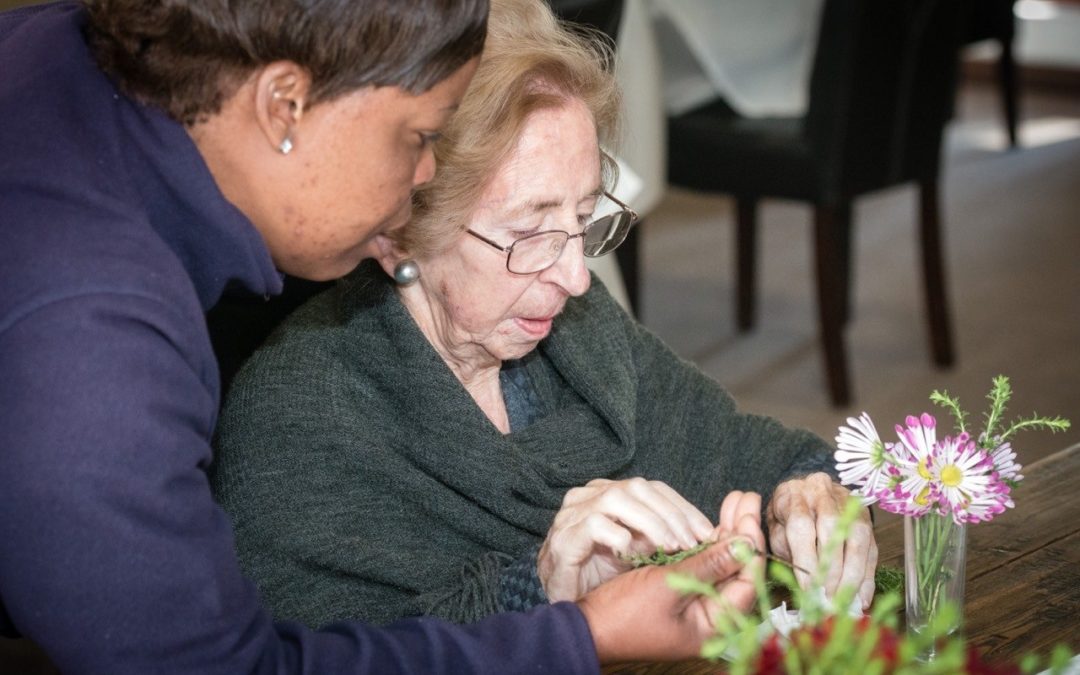At times, we get so fixated on the diagnosis that we tend to forget about the emotional wellbeing of the person with the diagnosis. It is vital to them that we remind them of who they are during the moderate to severe stages of the disease and that we tap into their interests and memories in order for them to regain a sense of identity, which can ultimately lead to a sense of calmness and belonging.
Persons with dementia tend to experience a great sense of anxiety, loss and frustration during the early stages of dementia, without understanding why they experience those feelings. It is therefore important that we as care providers and persons working with dementia need to find ways in which to better support them emotionally, understand what they are going through and assist to alleviate negative emotions associated with the diagnosis.
Some useful ways to emotionally support your loved one with dementia:
- Find out how they used to relax and unwind- if they use to listen to music or went for a walk when feeling stressed, apply the same relaxation methods and see whether they are still able to feel a sense of calmness and relaxation.
- Understand their stress triggers and cues – you can achieve this by observing the person in different environments or while they are spending time with people. They may tend to show signs of anxiety once their loved ones have left after a visit or when they find themselves in a stimulating environment. These cues may include changes in body posture, specific body language (such as folded arms or a downward gaze), facial expressions and behaviours such as wandering, aggression and frustration.
- Take the time to listen to what they have to say and what tone they are using – persons with dementia find it difficult to express their feelings and needs, but at times they may give you cues with a single word/expression and use the same word/expression when in a stressed situation.
- Find out if they are lonely and in need of companionship, as this may be a trigger for stress – If your loved one with dementia wanders a lot and displays certain unusual behaviours when alone, it may be a sign that they are feeling lonely and are in need of human contact and affection. They are still human beings in need of acceptance and love.
- Assist them by means of guidance when they struggle to do a certain task, rather than to stop them and do the task for them –Finding the balance is always difficult, but giving them the right amount of assistance will allow them to feel a sense of achievement rather than feeling helpless.
- Spend time to focus on their strengths – Focus on what they enjoy doing and are still able to do with little or no assistance, such as artistic / sport / musical activities, socialising with their friends or working in the garden.
- Look at family photos and achievements in their past – this will evoke positive feelings and emotions of achievement, experience, identity and belonging.
Supporting your loved one with dementia on an emotional level is not always easy, especially as we spend too much time worrying about their day to day activities, such as bathing, administration of medication and eating. Slow down and make the effort to incorporate some of these tips into your daily routine with your loved one with dementia.
Lou-Ann van Heerden
Occupational Therapist (Livewell Villages)
